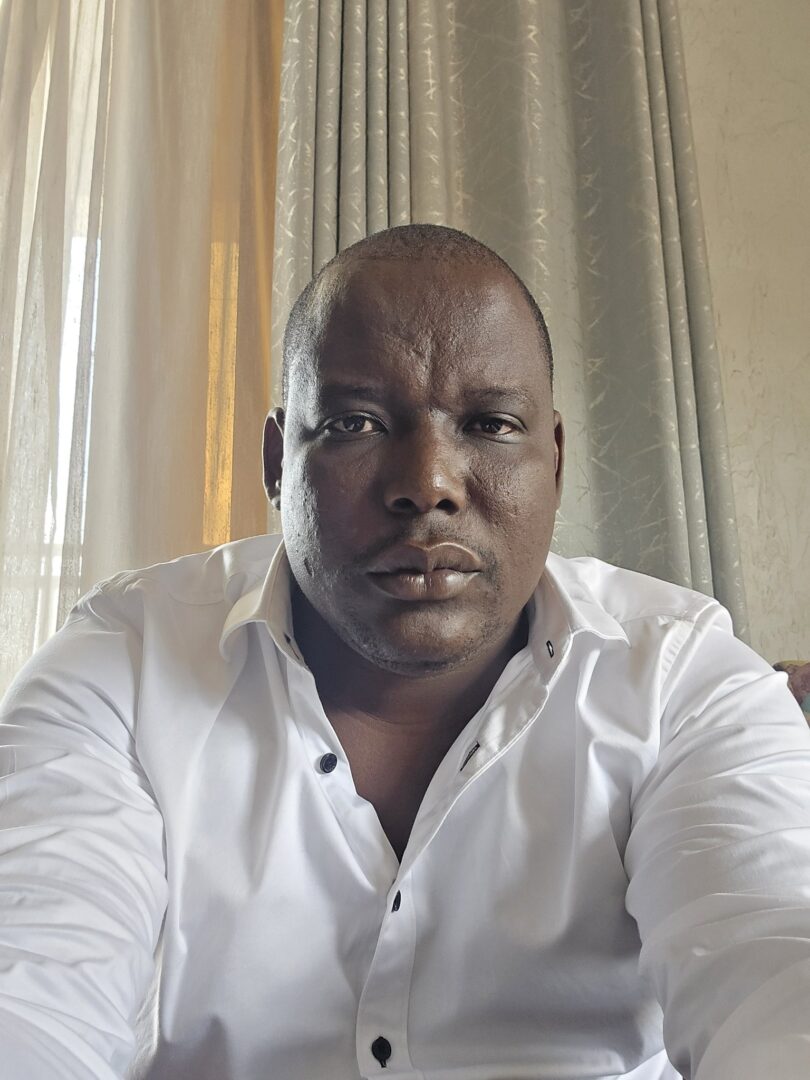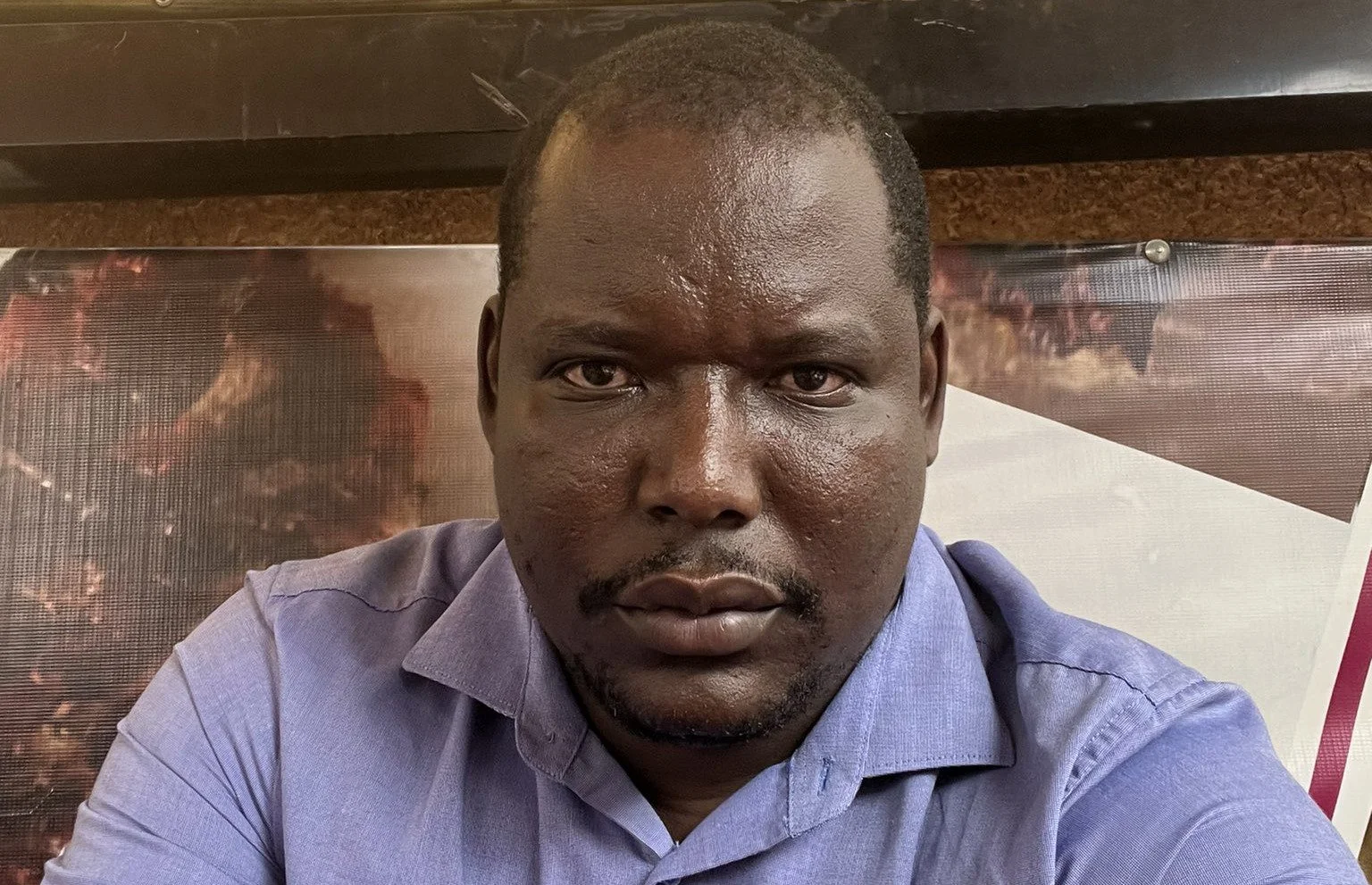KAMPALA, Uganda — Controversial events promoter Andrew Mukasa, known publicly as Bajjo, has ignited a fresh political debate in Uganda by characterizing both the sitting head of state, President Yoweri Museveni, and the principal opposition leader, Robert Kyagulanyi (Bobi Wine), as “two dictators” during a recent media appearance.
Bajjo’s remarks suggest a growing disillusionment with the leadership styles across the political spectrum. In the interview, he claimed that President Museveni is unwilling to relinquish power, while accusing Bobi Wine of already adopting autocratic tendencies.
“We are stuck between two dictators. Museveni won’t leave power, and Bobi Wine has already started behaving like him,” Bajjo was quoted as saying. He further accused both figures of acting in their self-interest and suppressing internal dissent, rather than focusing on national progress.
Bajjo’s comments emerge from a long-running narrative battle between the two political figures. Mr. Kyagulanyi has frequently criticized President Museveni’s decades-long tenure, often referring to the President as a dictator. Conversely, President Museveni has historically labeled the opposition leader an “enemy of progress,” accusing him of attempting to discourage foreign investment in Uganda.
This is not the first instance of Mr. Mukasa attracting attention for his strong political commentary. He previously publicly apologized to Mr. Kyagulanyi for derogatory statements and disclosed plans to instigate political change against the current regime.

At that time, Bajjo denied receiving financial support from President Museveni for his previous criticisms, stating that his earlier attacks on the opposition leader were misguided and misaligned with his beliefs.
The promoter’s current framing—equating the long-serving President with the prominent opposition leader—has drawn immediate scrutiny from political analysts.
Observers suggest the statement reflects a broader frustration among sections of the Ugandan public concerning leadership polarization and perceived deficiencies in governance, echoing a general disillusionment that crosses traditional partisan divides.
Also Read: Bobi Wine launches NUP 2026–2031 manifesto, vows to end Museveni’s four-decade rule
Political analysts caution that equating a presidential candidate with the incumbent could significantly complicate public perception, particularly among young voters who are often disenfranchised by persistent national challenges.
They warn that blurring the lines between the suppression of the ruling government and the accountability sought by the opposition may impact voter evaluation ahead of future elections.
Neither President Museveni’s office nor Mr. Kyagulanyi’s campaign offered an immediate official response to Bajjo’s criticisms.
In similar past instances involving provocative political commentary, both sides have often opted to refrain from direct engagement, preferring to focus on official policy statements and national debate.
The controversy Bajjo has ignited is expected to influence ongoing public discourse on leadership and representation in Uganda.

